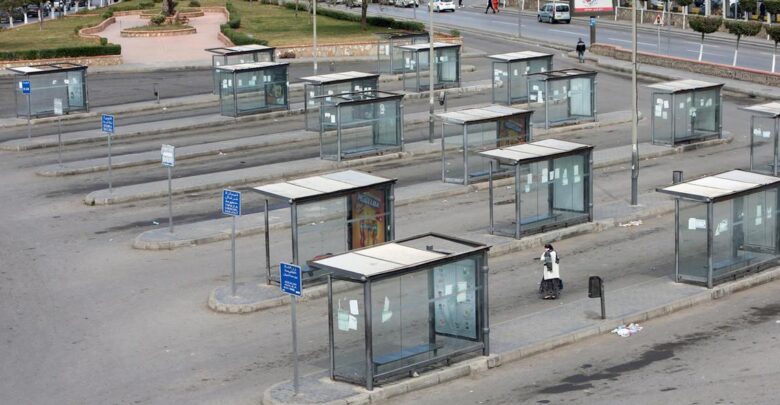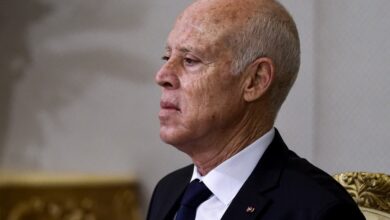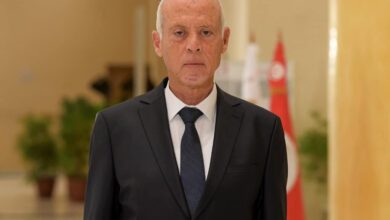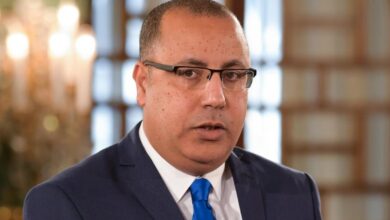Tunisia
Tunisian Government Orders Partial Lockdown Amid Worst Ever Health Crisis

The Tunisian government on Friday ordered a partial COVID-19 lockdown for one week amid rising coronavirus cases. The lockdown will come into effect on Sunday, reported Africa News.
Tunisian Prime Minister Hichem Mechichi announced the lockdown on Friday ahead of next week’s Eid al-Fitr holiday when families and friends traditionally gather. He said Tunisia was going through the worst health crisis in its history.
Mechichi said under the new restrictions, mosques, markets and nonessential businesses will remain closed as Muslims mark the end of the month of Ramadan.
“Health institutions are at risk of collapse,” the Tunisian President said.
He added that medics were stretched to the limit, with around 100 people a day dying of COVID-19.
Notably, over 500 people are currently in intensive care and the North African country is struggling to meet the demand for oxygen.
Under new anti-coronavirus measures, a 7:00 pm to 5:00 am curfew will come into effect from Sunday, travel will be banned between regions, gatherings, and celebrations will remain prohibited. The government had already suspended schools and colleges.
The Tunisian president had previously rejected a second lockdown after one that Tunisia imposed last year in March 2020 at the start of the pandemic, saying the country could not afford it.
Government spokeswoman Hasna Ben Slimane appealed to the Tunisians to leave their homes only for what is strictly necessary.
The Mediterranean country, with a population of over 12 million, has reported more than 300,000 coronavirus cases and over 11,200 deaths. Last month, the government attempted to impose stricter measures, but, it was swiftly forced to moderate them after facing widespread opposition and the threat of mass protests.
Tunisia’s economy has witnessed from one crisis to another since the country’s 2011 revolution, with GDP estimated to have contracted by a record 8.2 percent last year. This week, the government started talks with the International Monetary Fund to seek a package of financial assistance.




